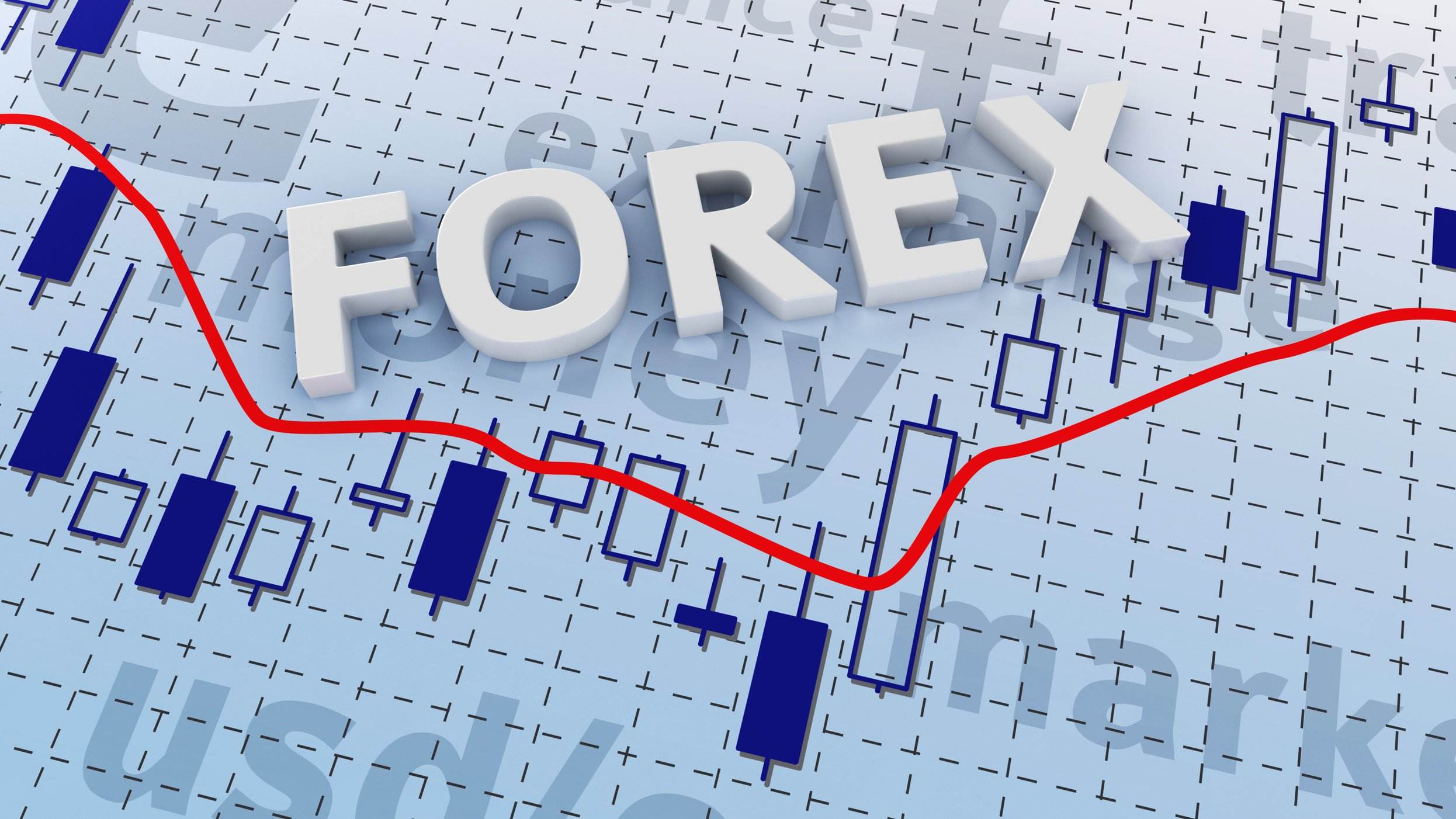Commission - 手续费
Understanding Forex Broker Commission
As a forex trader, one of the essential factors to consider when choosing a forex broker is the commission structure. Commission, also known as "spread," is the fee charged by forex brokers for executing trades on behalf of their clients. Understanding how commission works is crucial for traders to make informed decisions when selecting a broker and to manage their trading costs effectively.
Types of Commission
Forex brokers typically charge commission in two primary ways: spread mark-up and direct commission. In a spread mark-up, the broker adds its commission to the spread, which is the difference between the buying and selling price of a currency pair. On the other hand, direct commission involves a fixed fee per trade, regardless of the size of the position or the market conditions. Each commission type has its pros and cons, and traders should carefully consider which model best suits their trading strategy and risk tolerance.
Factors Affecting Commission
Several factors can influence the commission charged by forex brokers. The most significant factor is the trading volume, as brokers may offer discounted commission rates for high-volume traders. Additionally, the liquidity of the currency pair being traded can impact the commission, with more liquid pairs often having lower commission rates. Moreover, the type of account and trading platform used can also influence the commission structure, as certain account types may offer lower commission rates or even commission-free trading.
Comparing Commission Structures
When evaluating different forex brokers, traders should carefully compare the commission structures offered. It is essential to consider not only the commission rates but also any additional fees and trading costs associated with the broker. Some brokers may offer low-commission trading but compensate by charging higher spreads or other hidden fees. Therefore, a comprehensive comparison of commission structures is crucial for determining the overall cost of trading with a particular broker.
Commission and Trading Strategies
Traders should align the commission structure with their trading strategies. For example, scalpers and day traders who execute a high number of trades may prefer a commission-based model to keep their trading costs predictable and transparent. Conversely, swing traders and position traders, who hold trades for longer periods, may prioritize tight spreads over direct commission, as they aim to minimize the impact of trading costs on their overall returns.
Transparency and Trust
Transparency in commission structures is paramount for building trust between forex brokers and their clients. Brokers that clearly disclose their commission rates and any additional charges gain credibility with traders, as they provide a transparent view of the true cost of trading. Trustworthy brokers are more likely to retain clients in the long run and attract new traders seeking a reliable and transparent trading environment.
Negotiating Commission
For high-volume traders or institutional clients, negotiating commission rates with forex brokers is a common practice. High-volume traders can leverage their trading activity to negotiate lower commission rates, custom-tailored commission structures, or even commission rebates. However, negotiating commission requires a solid understanding of market conditions, trading volumes, and the broker's policies, and it is typically reserved for experienced traders and institutional clients.
Conclusion
Comprehending the various commission structures and their impact on trading costs is fundamental for forex traders. By understanding the types of commission, the factors affecting commission rates, and the relevance of commission to different trading strategies, traders can make well-informed decisions when selecting a forex broker. Moreover, transparency in commission structures and the opportunity to negotiate commission rates contribute to building trust between traders and their brokers, fostering long-term and mutually beneficial relationships.
(责任编辑:客诉)
-
 Why Correction is Essential in Forex TradingCorrection plays a vital role in the world of forex trad
...[详细]
Why Correction is Essential in Forex TradingCorrection plays a vital role in the world of forex trad
...[详细]
-
 外汇_美国嘉盛外汇介绍什么是外汇?外汇是一种货币之间交换的市场。参与者包括全球各地的各种金融机构、公司和个人投资者。外汇市场是世界上最大的金融市场,每天交易量超
...[详细]
外汇_美国嘉盛外汇介绍什么是外汇?外汇是一种货币之间交换的市场。参与者包括全球各地的各种金融机构、公司和个人投资者。外汇市场是世界上最大的金融市场,每天交易量超
...[详细]
-
 外汇政策介绍外汇政策是指一个国家或地区对外汇交易和外汇市场的管理和调控。外汇政策是影响一个国家或地区货币供应量、交易和经济发展的重要因素。一个好的外汇政策对于
...[详细]
外汇政策介绍外汇政策是指一个国家或地区对外汇交易和外汇市场的管理和调控。外汇政策是影响一个国家或地区货币供应量、交易和经济发展的重要因素。一个好的外汇政策对于
...[详细]
-
 FXSol常胜——选择外汇开户的理由外汇交易一直是投资者眼中的热门领域之一,尤其是近年来,更是迎来了一个崭新的高峰期。然而,对大部分零散投资者而言,想要成功地在外汇
...[详细]
FXSol常胜——选择外汇开户的理由外汇交易一直是投资者眼中的热门领域之一,尤其是近年来,更是迎来了一个崭新的高峰期。然而,对大部分零散投资者而言,想要成功地在外汇
...[详细]
-
 方法一:使用双顶/双底确认趋势线双顶和双底是常见的K线形态,它们可以帮助验证趋势线的有效性。在趋势线形成后,如果价格走势出现双顶,即两次形成顶部,或者双底,即
...[详细]
方法一:使用双顶/双底确认趋势线双顶和双底是常见的K线形态,它们可以帮助验证趋势线的有效性。在趋势线形成后,如果价格走势出现双顶,即两次形成顶部,或者双底,即
...[详细]
-
 外汇保证金交易的概念外汇保证金交易是指通过杠杆原理,以小额的保证金抵押,借助于经纪商提供的资金贷款,进行外汇交易。投资者可以在经纪商的平台上买卖外汇,获得汇率差价的盈利。这种方式
...[详细]
外汇保证金交易的概念外汇保证金交易是指通过杠杆原理,以小额的保证金抵押,借助于经纪商提供的资金贷款,进行外汇交易。投资者可以在经纪商的平台上买卖外汇,获得汇率差价的盈利。这种方式
...[详细]
-
 什么是外汇风险?外汇风险是指企业或个人在进行跨国贸易或者投资时,由于汇率变化导致交易损失的可能性。随着全球化和自由化的进程不断推进,各国之间的贸易和投资往来越来越频繁
...[详细]
什么是外汇风险?外汇风险是指企业或个人在进行跨国贸易或者投资时,由于汇率变化导致交易损失的可能性。随着全球化和自由化的进程不断推进,各国之间的贸易和投资往来越来越频繁
...[详细]
-
 外汇期权的概念及其类型外汇期权是一种金融工具,它给予买方在未来某个时间内以预定价格购买或出售某种货币的权利,但不是义务。与外汇期货不同的是,期权只是一个选择权,买方
...[详细]
外汇期权的概念及其类型外汇期权是一种金融工具,它给予买方在未来某个时间内以预定价格购买或出售某种货币的权利,但不是义务。与外汇期货不同的是,期权只是一个选择权,买方
...[详细]
-
 Budget Deficit - 财政赤字财政赤字是指政府支出超过其收入的情况,导致财政预算出现赤字。在国际经济中,财政赤字是一个重要指标,反映了政府财政状况
...[详细]
Budget Deficit - 财政赤字财政赤字是指政府支出超过其收入的情况,导致财政预算出现赤字。在国际经济中,财政赤字是一个重要指标,反映了政府财政状况
...[详细]
-
 外汇交易是什么?外汇交易是指通过外汇市场进行货币兑换的一种金融交易行为。在外汇交易市场上,各国货币的价格会随着市场供求关系的变化而波动,交易者可以通过买入
...[详细]
外汇交易是什么?外汇交易是指通过外汇市场进行货币兑换的一种金融交易行为。在外汇交易市场上,各国货币的价格会随着市场供求关系的变化而波动,交易者可以通过买入
...[详细]

 Currency Basket - 一篮子货币
Currency Basket - 一篮子货币 外汇期权收益计算
外汇期权收益计算 QE对美元的影响
QE对美元的影响 Bill – 汇票
Bill – 汇票
